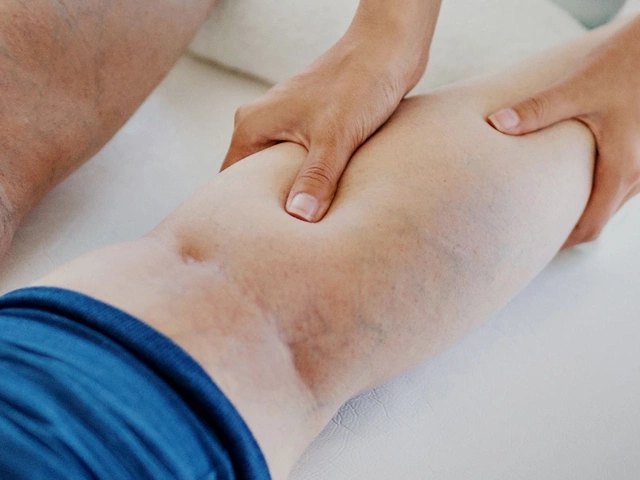Acitretin: what it is and why people take it
Acitretin is an oral retinoid used mainly for severe psoriasis and other keratinization disorders. It helps slow skin cell growth and can flatten thick, scaly patches. Think of it as a strong tool for stubborn cases when creams or light therapy aren't enough.
Are you wondering if it's right for you? Doctors usually reserve acitretin for moderate to severe disease or when other treatments fail. It doesn’t act fast like some biologics, but it can improve skin texture and reduce flare ups over weeks to months.
How to take acitretin and what to expect
Typical starting doses range from 10 to 25 mg daily, with many adults taking 25–50 mg once a day depending on weight and response. Your doctor will pick a dose and may adjust it slowly. Take it with food to help absorption. Avoid driving or heavy activity if you feel lightheaded during early treatment.
Expect dryness—dry lips, dry skin, and nosebleeds are common. These side effects often show up within days to weeks. Your skin may peel or shed more at first; that’s a sign it’s working but it can be uncomfortable. Moisturizers and lip balms help a lot.
Safety, monitoring, and key warnings
Major safety points: acitretin is highly teratogenic. Women who can become pregnant must avoid pregnancy for at least 3 years after stopping the drug and use reliable contraception during treatment. That long gap is because acitretin can convert to etretinate when alcohol is used, and etretinate stays in the body a long time.
Before and during treatment you’ll likely get blood tests—liver enzymes and lipids are the main checks. The drug can raise cholesterol and triglycerides and affect liver function. If values rise too much, your doctor may lower the dose or stop treatment.
Watch for symptoms that need urgent care: severe headaches, vision changes, or unexplained bone pain. Retinoids can rarely cause raised intracranial pressure or affect bone health with long-term use.
Drug interactions matter. Avoid other vitamin A products or high-dose supplements. Combining acitretin with tetracycline antibiotics can raise the risk of intracranial hypertension. Alcohol can turn acitretin into a longer-lasting compound—so skip drinking while taking it and for a period after if your doctor tells you to.
Buying tips: acitretin requires a prescription in most places. If shopping online, use a licensed pharmacy, check reviews, and confirm a valid prescription is needed. Cheap pills from unknown sellers can be fake or unsafe.
Storage is simple—keep the medicine in a cool, dry place away from children. If you have questions about planning pregnancy, breastfeeding, or long-term side effects, bring them up with your dermatologist or pharmacist. Clear, honest talk with your prescriber is the fastest way to stay safe and get the best results from acitretin.

Acitretin and Diet: Can Certain Foods Help or Hurt Your Treatment?
In today's blog post, we'll be discussing Acitretin and its relationship with our diet. Acitretin is a medication used to treat severe psoriasis, and certain foods can impact its effectiveness. It's important to understand which foods can help or hinder our treatment to ensure the best possible results. We'll explore some beneficial foods to include in our diet while taking Acitretin, as well as those we should avoid. Stay tuned for some valuable insights on managing your psoriasis treatment through dietary choices!
Categories
- Medications (71)
- Health and Medicine (62)
- Health and Wellness (37)
- Online Pharmacy Guides (16)
- Nutrition and Supplements (9)
- Parenting and Family (3)
- Environment and Conservation (2)
- healthcare (2)
- prescription savings (1)
Popular Articles



